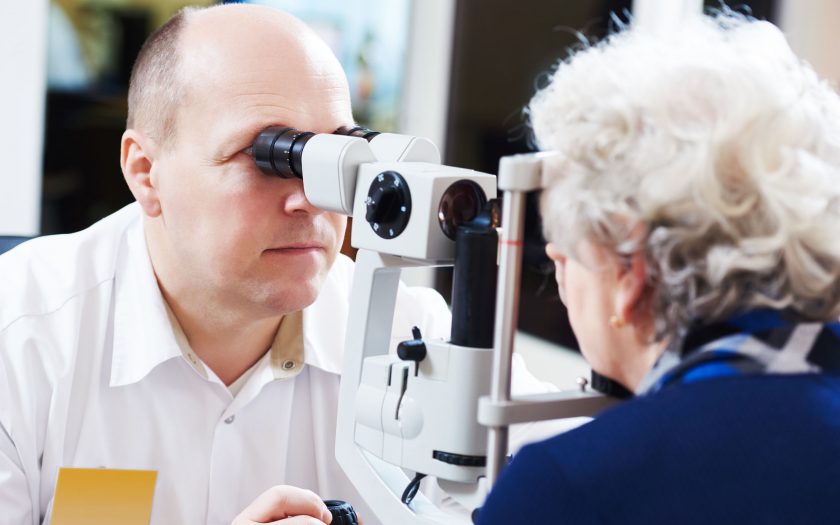OUR VISION DETERIORATES as we get older, often without us even being aware of it. And the importance of good vision when driving can’t be stressed enough.
Reducing the number of drivers on the road with defective vision would contribute to reducing the number of fatal and serious injury collisions which occur every year on the Australia’s roads because of poor eyesight.
Figures suggest between two and three percent of drivers are using the roads with vision that fails to meet the minimum standards.
Everyone, especially the over-50s, should prioritise safety and ensure they have a proper eye examination with an optician every two years. Eye tests allow professionals to identify and correct any problems, meaning the risks of driving are reduced and the road environment is safer.
A simple test you can do for yourself is checking to see if you are able to read a vehicle numberplate at a distance of 20 metres in good daylight. Not being able to do so may indicate that your vision has deteriorated, perhaps without you even noticing.
Of course, we at seniordriveraus are keen to see people continuing to drive for longer, and certainly well into their 60s, 70s and beyond. But safety has to be the priority. Under the present regulations, it’s down to individual responsibility for drivers to declare themselves fit to drive.
The problem is that we are unlikely to notice many of the changes to our vision. It takes a professional examination to reveal changes to our visual acuity, peripheral awareness, eye coordination, depth perception, ability to focus and colour vision.
That’s why having an eye test every two years is a key part of being a responsible driver, whatever your age, just to ensure there are no safety concerns about your vision and to deal with any issues at an early stage.
It won’t even see you out of pocket since most optometrists bulk bill eye tests to Medicare.
Top tips for looking after your eyes
- To be as safe as possible on the road as a driver, it’s vital to ensure your vision is good enough.
- If your vision has deteriorated, you need to ensure it is corrected by glasses or contact lenses as necessary.
- Changes in vision can be so slow that you may not notice. That’s why it’s so important to let a professional give your eyes a thorough examination every two years.
- Early signs that your sight may be changing include eye strain, unusual headaches and difficulty in seeing at night or when light conditions change.
- It’s easy to get an eyesight test at your local optician – and most optometrists bulk bill tests direct to Medicare.
